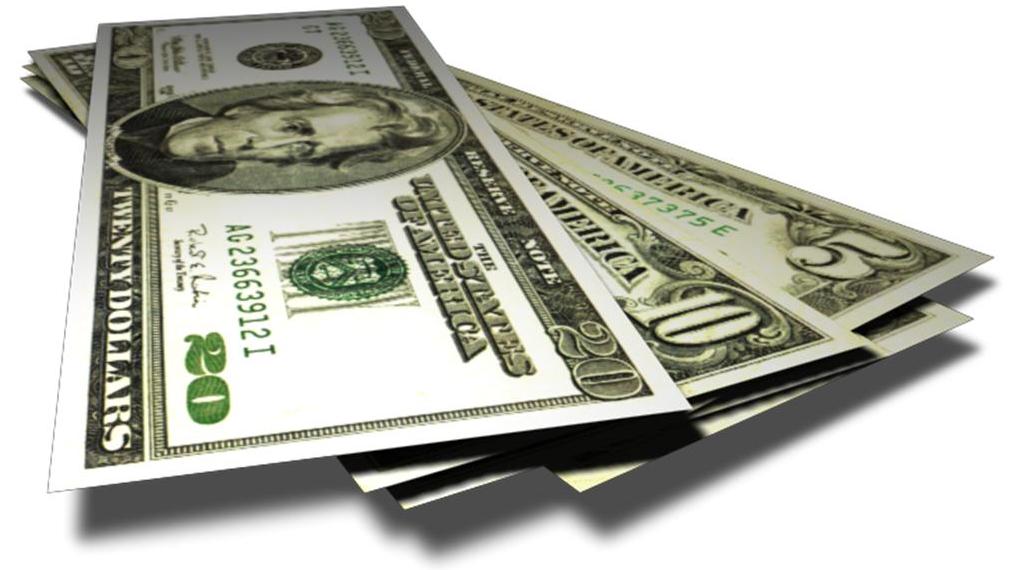
What’s cash collateral, and why should you care?
You care because there’s a whole set of rules in bankruptcy to protect a creditor’s interest in cash collateral, and ugly consequences if you ignore those rules.
But you don’t have to have a traditional business to have cash collateral, and the duties it brings, in a bankruptcy reorganization.
Cash collateral defined
The agreement that creates a lien on an asset typically gives the lender a lien on the asset itself and any income generated the that asset.
It’s usually rents
In any bankruptcy case in which the debtor remains in possession of his assets under the protection and supervision of the bankruptcy court, the rights of the secured lender in the cash collateral must be respected.
The issue usually arises with rental real estate owned by the debtor: the monthly rent is cash collateral.
Most real estate in a bankruptcy case is subject to a mortgage lien. The mortgage lender’s security documents undoubtedly give it a lien on any income produced by the mortgaged property.
A less obvious situation in consumer cases involves the taxing authorities who have a blanket lien on all of the debtor’s assets. While there’s no agreement creating a lien on a the tax payer’s assets, the law supplies the terms that give the IRS a right in cash collateral.
The debtor is prohibited from using cash collateral without either the consent of the secured creditor or a court order.
If you are using the cash
Cash collateral can be spent on anything other than paying the secured creditor only on two conditions:
- Have the secured creditor’s written consent
- Get a bankruptcy court order
Fail to get either consent or an order and appointment of a trustee, conversion or relief from stay are likely to follow.
More
Bankruptcy can shrink tax liens
Chapter 13 keeps you in control





